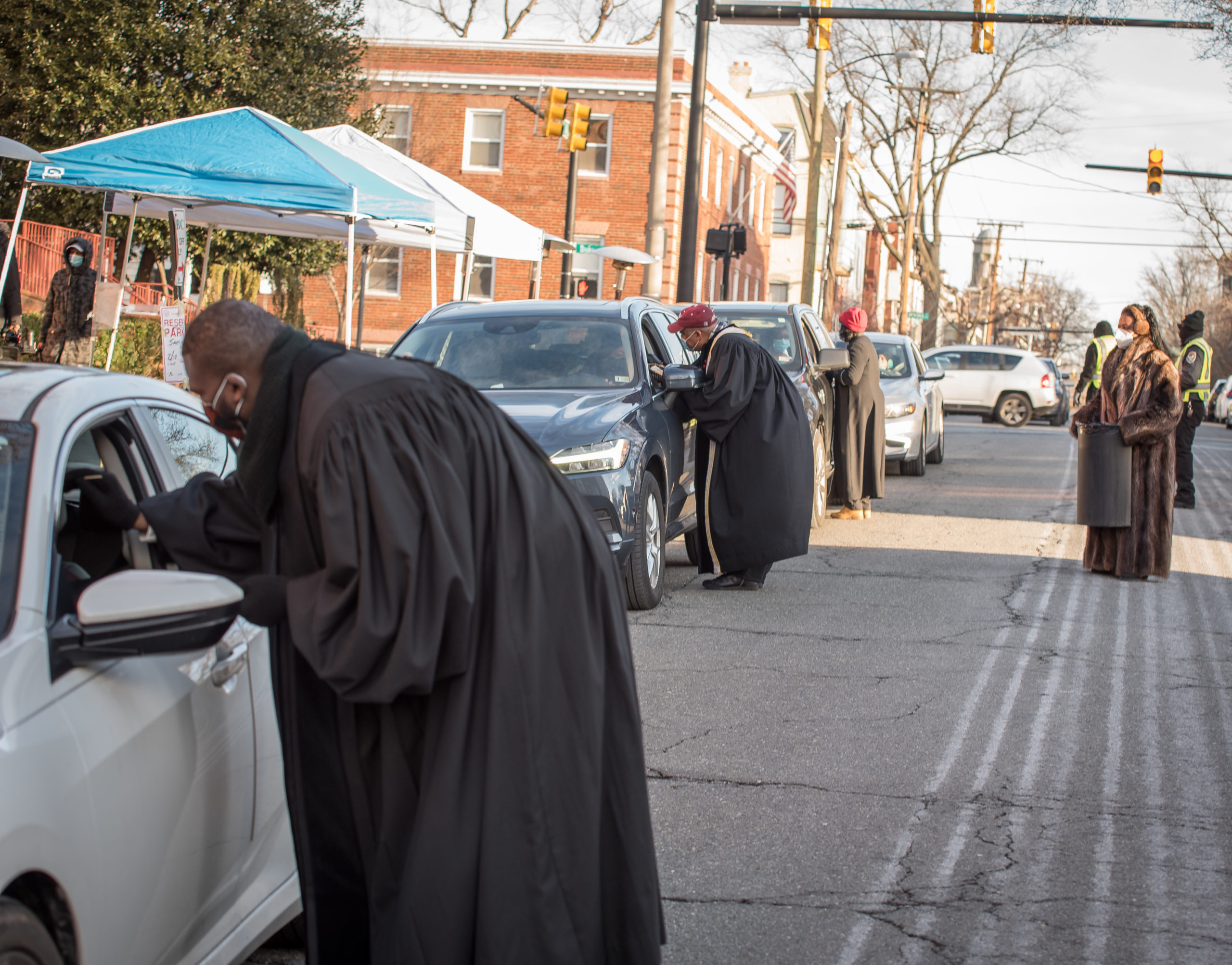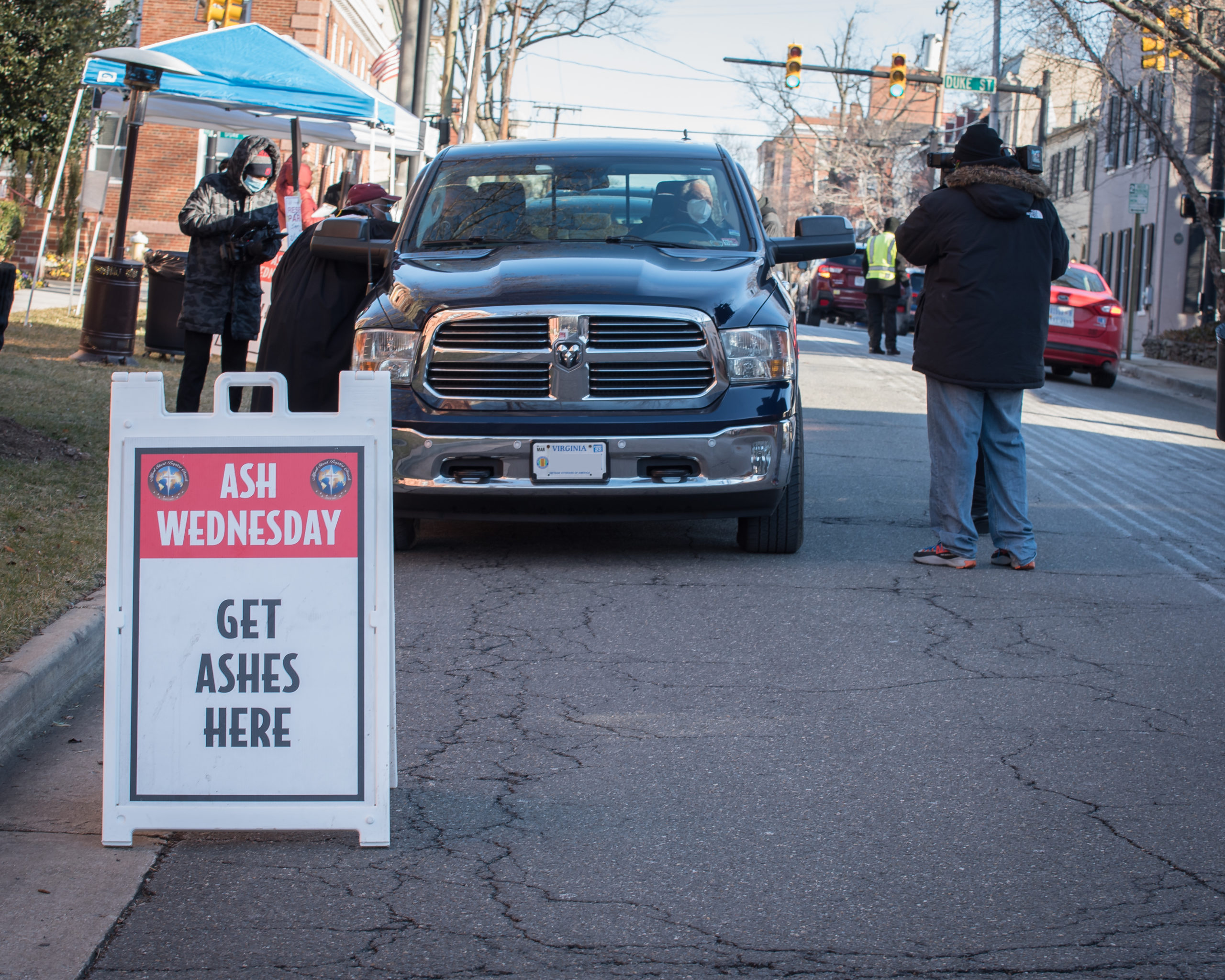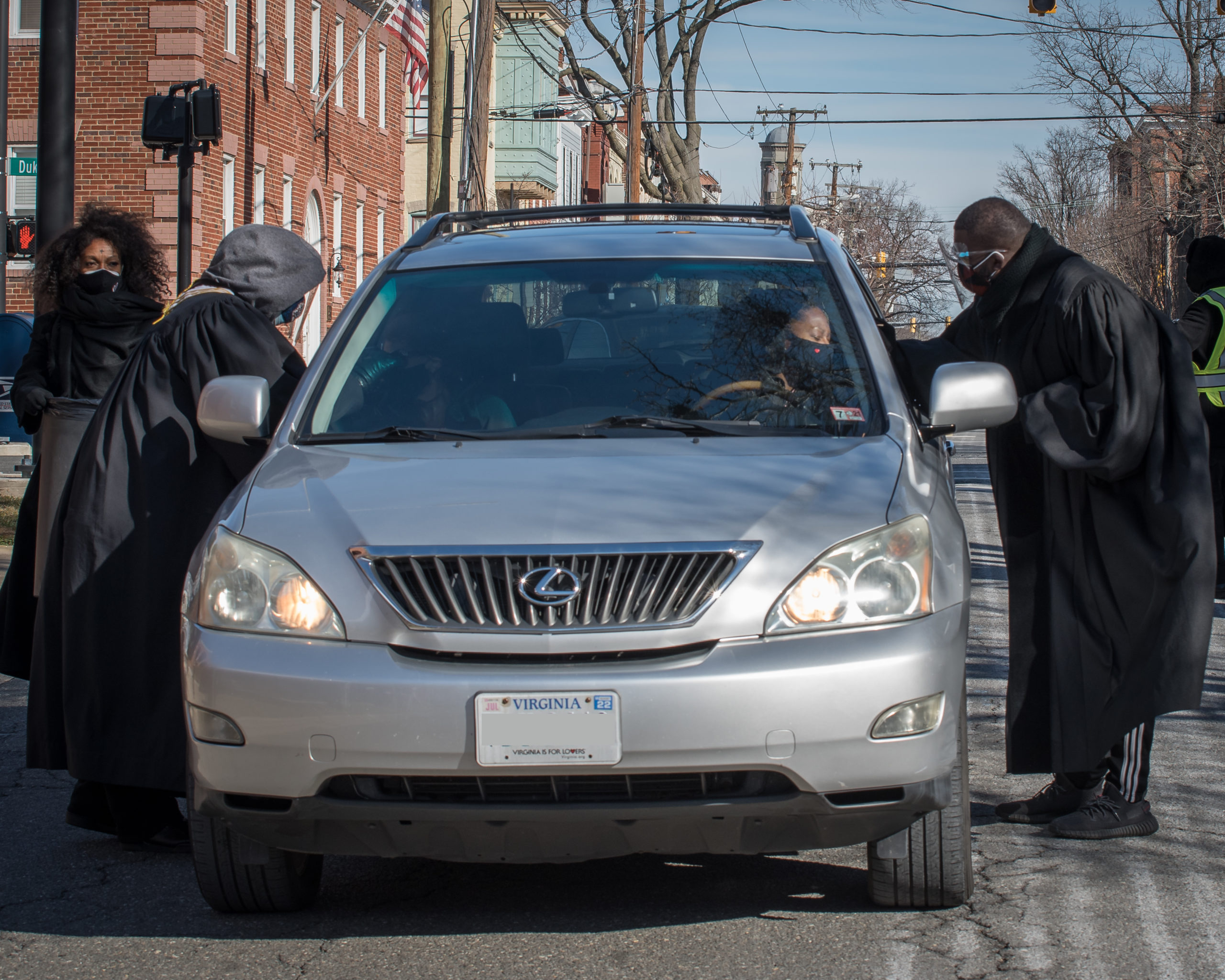It is important to remember that much of what we do in Christian Protestantism, even though not fully acknowledged, is shaped and influenced by our Catholic roots. In Catholicism, the distribution of ashes is not a sacrament, meaning the ashes themselves are not a means of receiving grace; therefore non-Roman Catholics are permitted to receive the imposition of ashes. Many Protestant denominations distribute ashes as a memorial of the true purpose of Lent. When we participate in the imposition of ashes, we acknowledge that we are a part of the Church Universal.
As a member of the Church Universal who is unashamedly Baptist, I am committed to the doctrine of the infallibility and sufficiency of scripture. Thus, any practice of my discipleship must be informed, shaped, and supported by the word of God. The distribution of ashes, although not biblically commanded, is biblically supported, (as is the case with the celebration of Christmas). In the Bible, mourning and repentance were often marked by the wearing of sackcloth and ashes. Job wore ashes when he repented before God (Job 42:6); Jeremiah called Israel to wear ashes as they repented of their sin (Jer. 6:26); Daniel attached ashes to his fasting (Daniel (9:3); Jesus chastised the cities of Bethsaida and Chorazin for not repenting with ashes (Matthew 11:21, Luke 10:13), and in Ezekiel 9:4 a messenger of God is commanded to mark the foreheads of those who were repenting before the Lord.















